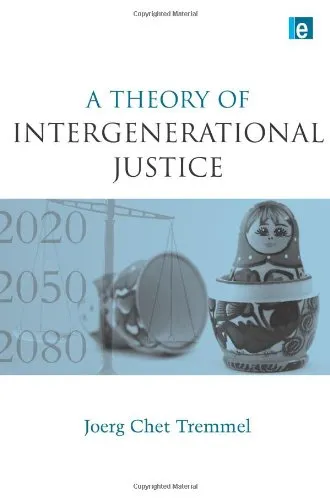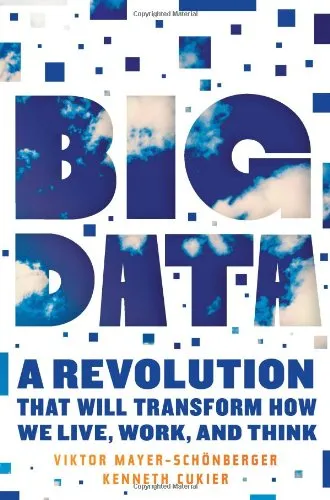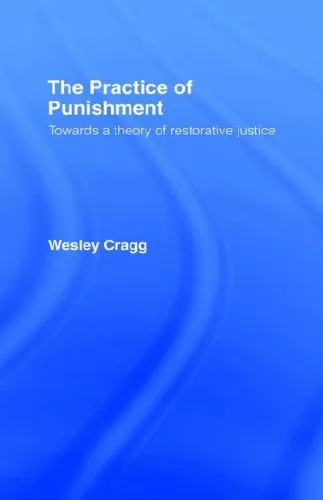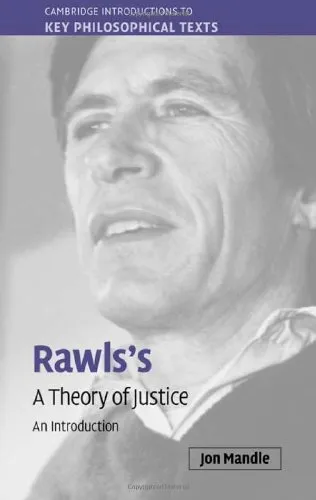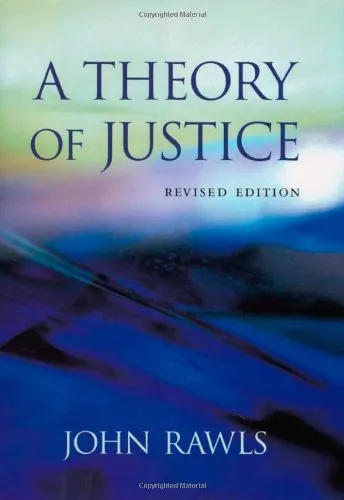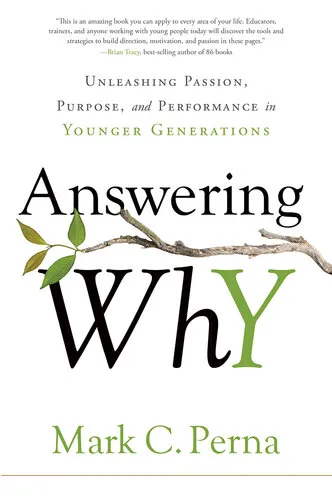A Theory of Intergenerational Justice
4.0
Reviews from our users

You Can Ask your questions from this book's AI after Login
Each download or ask from book AI costs 2 points. To earn more free points, please visit the Points Guide Page and complete some valuable actions.Related Refrences:
Introduction to 'A Theory of Intergenerational Justice'
Welcome to an in-depth introduction to 'A Theory of Intergenerational Justice', a pivotal work by Joerg Chet Tremmel, that aims to frame justice across generations through a robust theoretical lens. In this book, fundamental questions are addressed about fairness and responsibility toward future generations—issues of paramount importance in today's rapidly changing world.
Detailed Summary of the Book
The book 'A Theory of Intergenerational Justice' delves into the philosophical, legal, and practical underpinnings of how current generations can equitably interact with and uphold responsibilities toward future generations. Tremmel takes an interdisciplinary approach, drawing insights from philosophy, economics, political science, and law to outline the principles of intergenerational justice.
The book is structured to gradually build a comprehensive framework. It begins by defining intergenerational justice and contrasts it with traditional justice concepts. Tremmel emphasizes the necessity of developing a new perspective on justice, given the looming challenges such as climate change, resource depletion, and ecological degradation. These challenges necessitate a deep reevaluation of how contemporary decisions impact those who come after us.
Throughout the book, a variety of theories and moral philosophies are examined, including Utilitarianism, Contractualism, and Rawlsian principles. Tremmel critiques these existing views for their limitations in addressing the needs of the future populace and makes a compelling case for why we must transcend beyond these traditional theories.
Key Takeaways
- A new framework for justice that includes future generations is crucial for sustainable decision-making.
- Current legal and political structures often inadequately protect the interests of future generations.
- It's essential to integrate an interdisciplinary approach to understanding and implementing intergenerational justice.
- Moral philosophies need adaptation to effectively apply to time-transcending justice principles.
- Active recognition and inclusion of future generation rights can lead to more equitable current policies.
Famous Quotes from the Book
"Justice that transcends generations requires not just foresight, but also the courage and willingness to act on behalf of those who do not yet have a voice."
"To deny future generations their rightful inheritance is to undermine the very foundation of morality that binds societies together."
Why This Book Matters
'A Theory of Intergenerational Justice' is more than just an academic exercise; it is a clarion call to reimagine justice in a time of great global challenges. The implications of Tremmel's work are vast, influencing both policy-making and individual ethical considerations. As societies around the world grapple with the effects of climate change, economic disparities, and technological advancements, the principles laid out in this book serve as a critical guide for redefining responsibilities that extend beyond temporal boundaries.
Moreover, the book matters because it bridges the gap between theory and practice, offering practical insights that policymakers, activists, and scholars can utilize to advocate for and implement policies that consider long-term consequences. This comprehensive work underlines the stark reality that our current choices will shape the living conditions of billions who have yet to be born. In this regard, 'A Theory of Intergenerational Justice' is not just timely but essential reading for anyone concerned about the future of humanity.
Free Direct Download
You Can Download this book after Login
Accessing books through legal platforms and public libraries not only supports the rights of authors and publishers but also contributes to the sustainability of reading culture. Before downloading, please take a moment to consider these options.
Find this book on other platforms:
WorldCat helps you find books in libraries worldwide.
See ratings, reviews, and discussions on Goodreads.
Find and buy rare or used books on AbeBooks.
1285
بازدید4.0
امتیاز0
نظر98%
رضایتReviews:
4.0
Based on 0 users review
Questions & Answers
Ask questions about this book or help others by answering
No questions yet. Be the first to ask!
